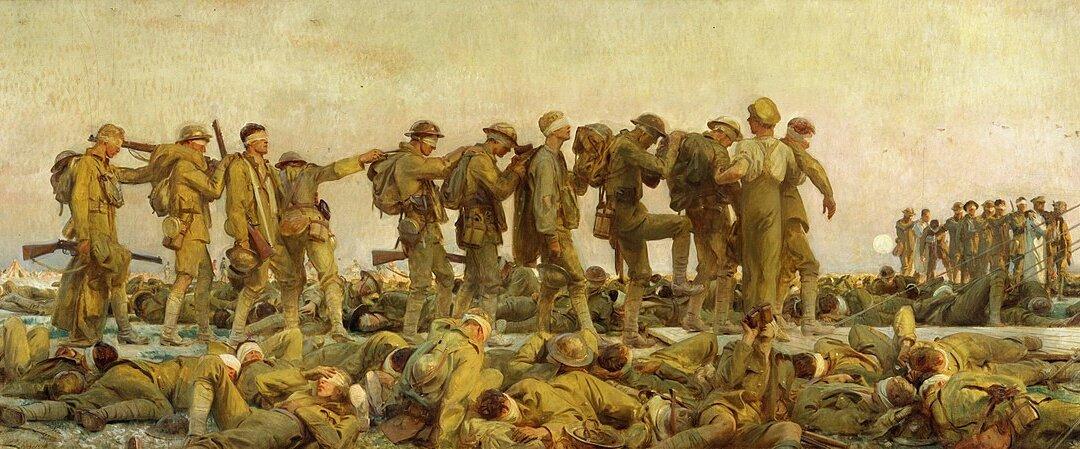This year marks the centennial of the Treaty of Versailles, formally ending World War I, that bloodbath which took millions of lives, broke apart empires, and spawned the evil realities of fascism and communism.
That war also acted as an accelerant to the flames already eating away at Western culture.






